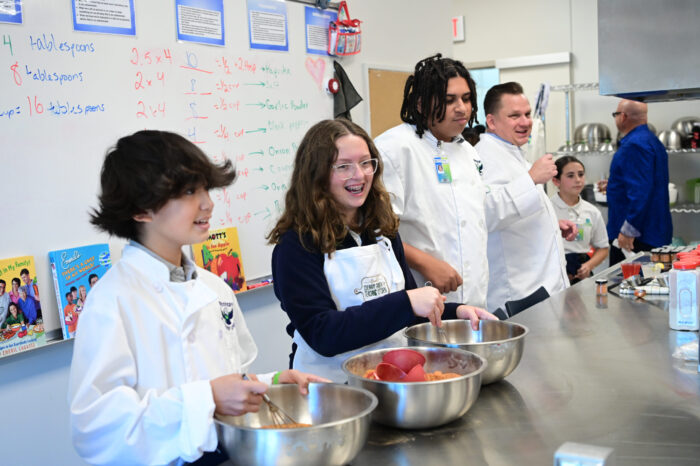
Cooking in Schools Improves Learning (Here’s Why)
In classrooms across America, more and more educators are discovering what chefs and parents have known for generations: kitchens are one of life’s greatest classrooms. Whether it’s measuring ingredients, practicing patience while watching the oven, or working to serve a meal, school-based culinary programs do more than fill plates and stomachs. They fuel academic growth and personal development.
Cooking activates hands-on learning.
Cooking is learning in motion. It blends math, science, reading and critical thinking into one hands-on, real-world experience. While creating in the kitchen, students’ minds are turning as they:
- Read recipes
- Convert measurements
- Observe chemical reactions
- Problem-solve in the moment
All while working toward a tangible, delicious goal.
For many learners, especially those who thrive outside of traditional desk-based instruction, this active participation unlocks understanding in ways that textbooks often cannot. It’s a unique curriculum that can help young learners retain information by using all five senses, reinforcing lessons through smell, touch and taste.
Cooking builds confidence, creativity and collaboration skills.
Every child has a role to play in the kitchen. Whether chopping vegetables, setting the table or stirring ingredients, each small action helps students build confidence and take initiative. That confidence grows with every meal, especially when students prepare a dish and proudly share it with classmates or family. It’s a hands-on experience that fosters ownership, pride and a deeper belief in their capabilities.
Cooking also sparks creativity. Students experimenting with ingredients and techniques express themselves through culture, memory and identity. Without realizing it, recipes become stories, and meals become moments of connection.
Collaborative cooking is also a great way to teach the importance and basics of teamwork. In these shared spaces, students take turns, offer help, resolve disagreements and celebrate one another’s contributions. And as they prepare and enjoy food as a group, they also open the door to meaningful conversations about family traditions, heritage and belonging.
These social-emotional lessons are just as vital as anything found in a textbook. They build empathy and help students feel more seen, heard and supported in the classroom and beyond.
Cooking strengthens academic and life skills.
Time in the kitchen connects directly to classroom learning by linking subjects in practical, meaningful ways. For example, a single cooking lesson can support:
- Math: Measuring, fractions, ratios, budgeting and time management
- Science: Understanding heat, states of matter, nutrition and chemical reactions
- Literacy: Reading comprehension, sequencing, vocabulary and instruction-following
- Social studies: Exploring global cuisines and food traditions from different cultures
These interdisciplinary links make school-based culinary programs a natural fit for integrated curriculum models. After all, cooking isn’t a distraction from academics; it’s a bridge to a deeper understanding of our studies and ourselves.
Beyond the classroom, cooking equips students with practical skills they can carry into adulthood. From healthy eating habits to job readiness, culinary education fosters independence, resilience and long-term well-being.
It’s no wonder cooking is becoming a core component of curricula for elementary and middle schools nationwide!
Keep cooking in the curriculum!
Cooking in schools isn’t just a nice-to-have. It’s a proven, powerful tool for deeper learning and student engagement. Emeril Lagasse Foundation is proud to support current and future culinary changemakers with programs that lay the foundation for opportunity. Contact us to learn more about Emeril’s Culinary Garden & Teaching Kitchen and other programs.
